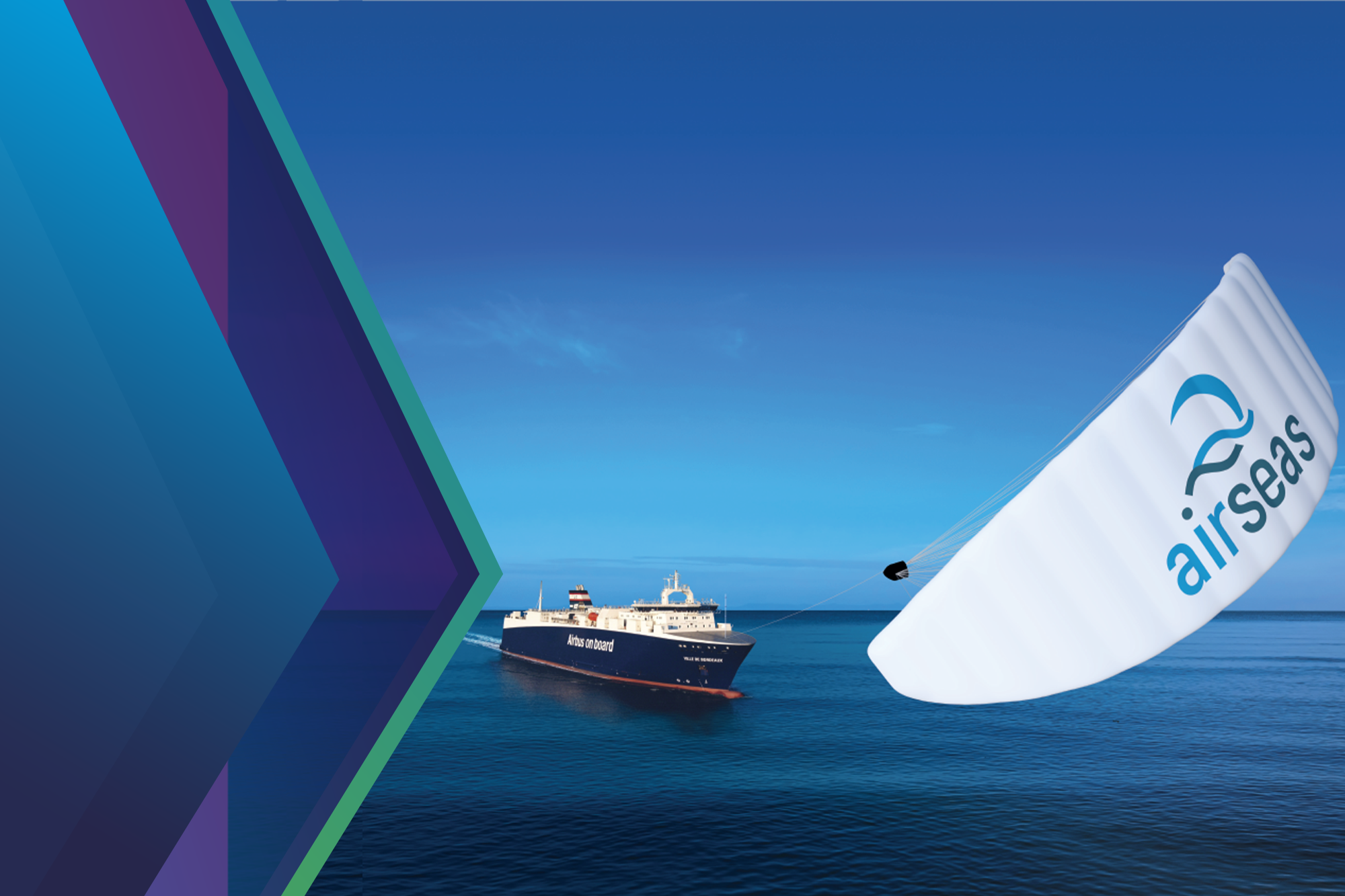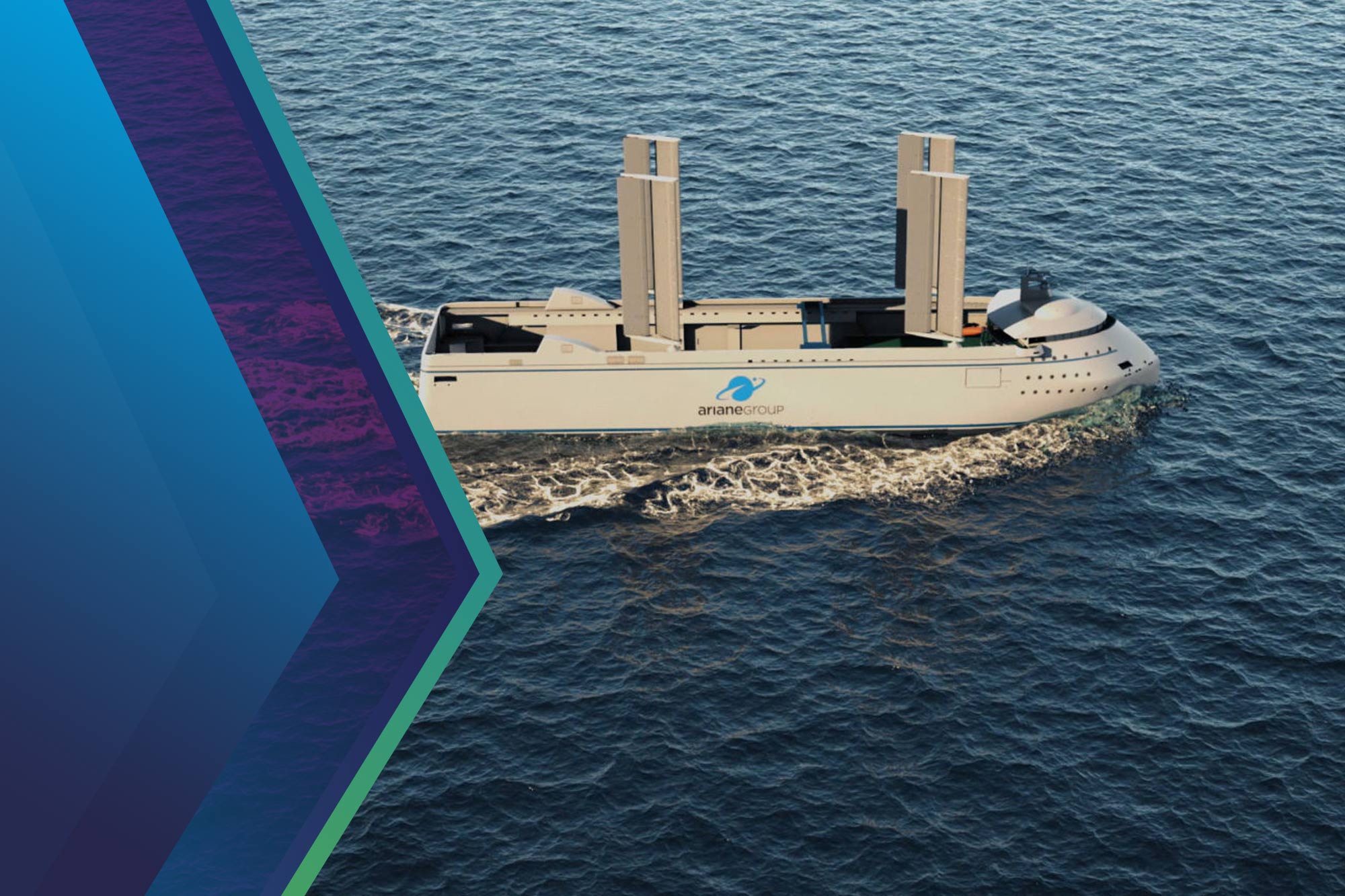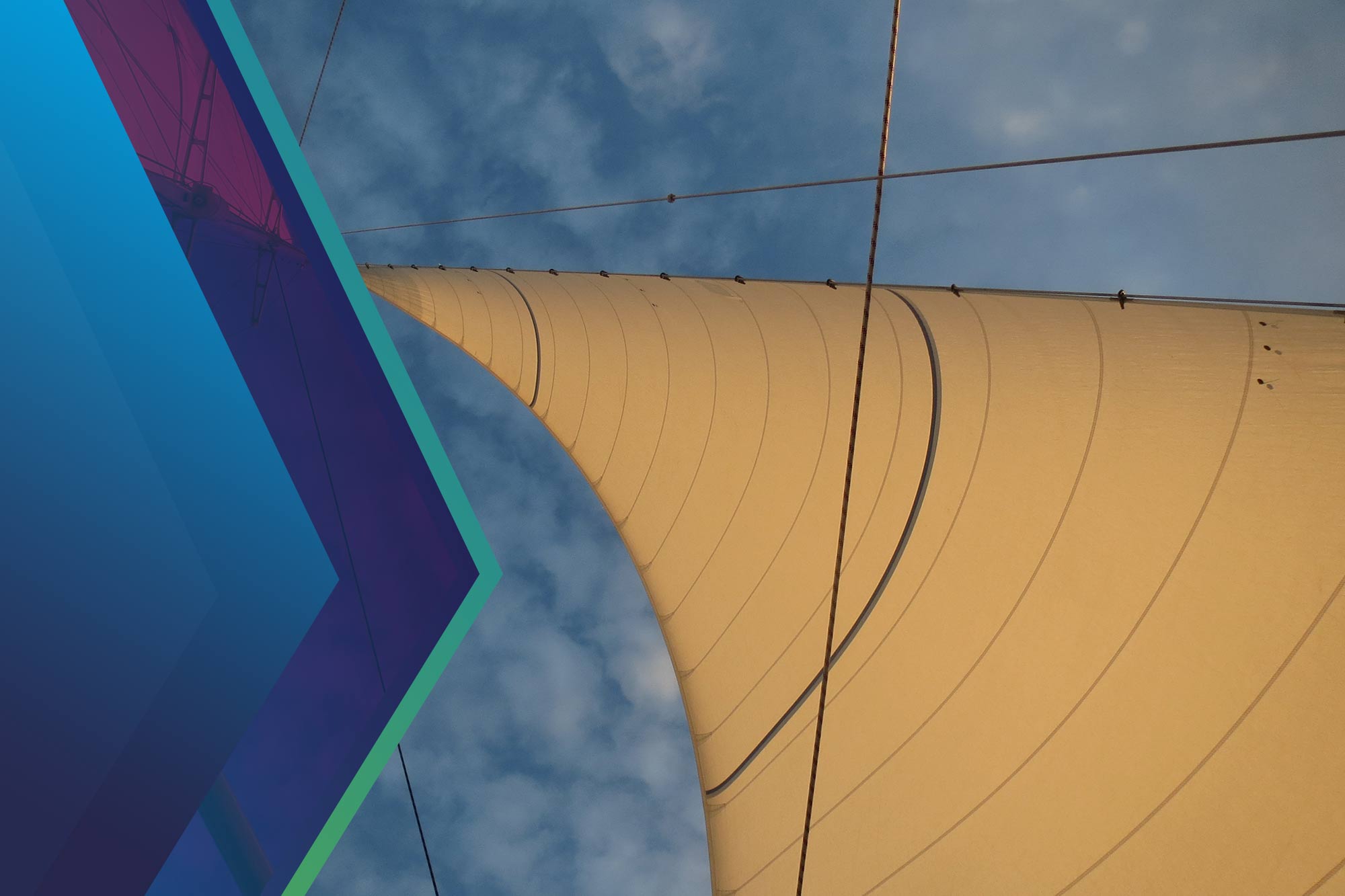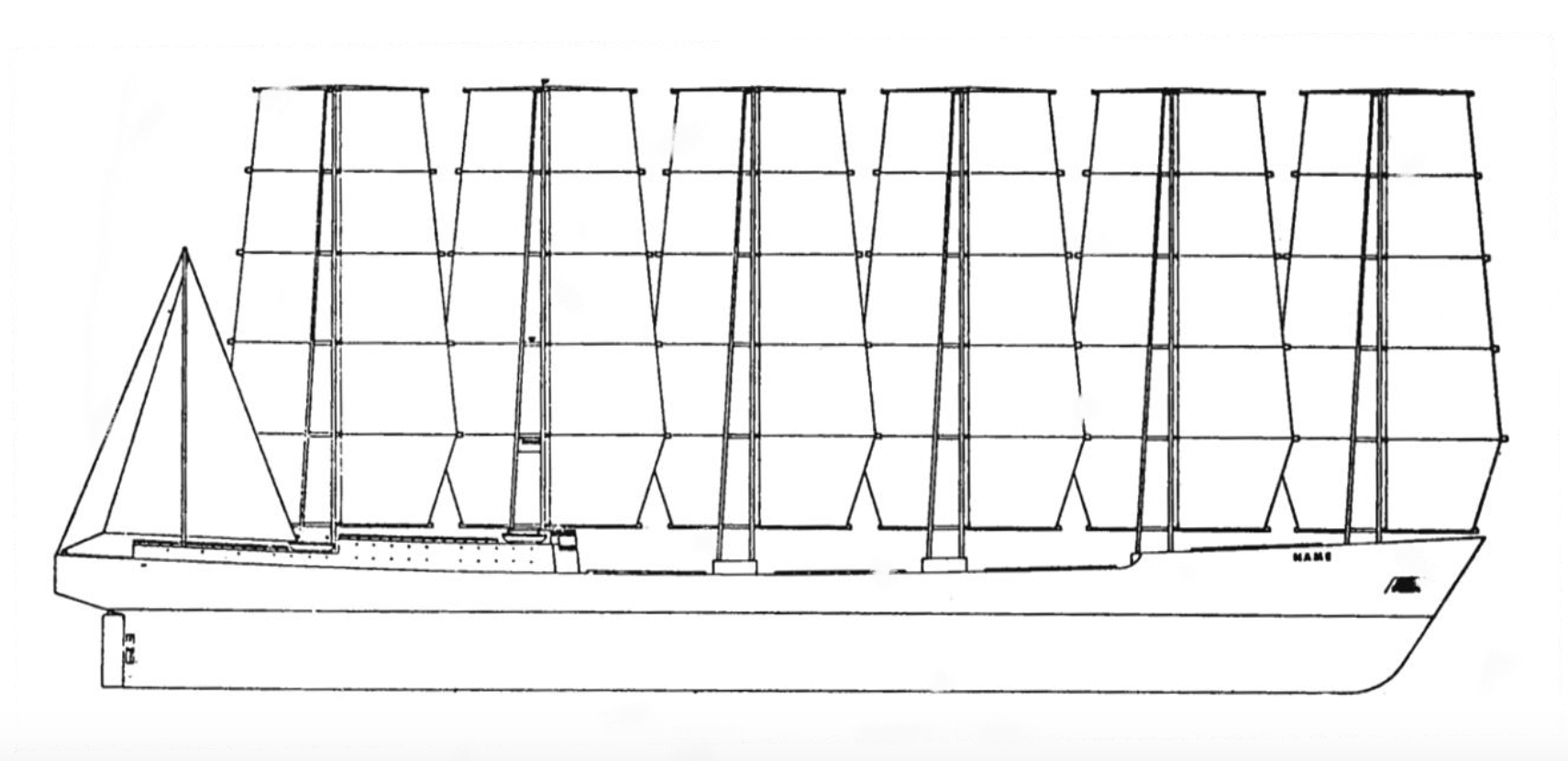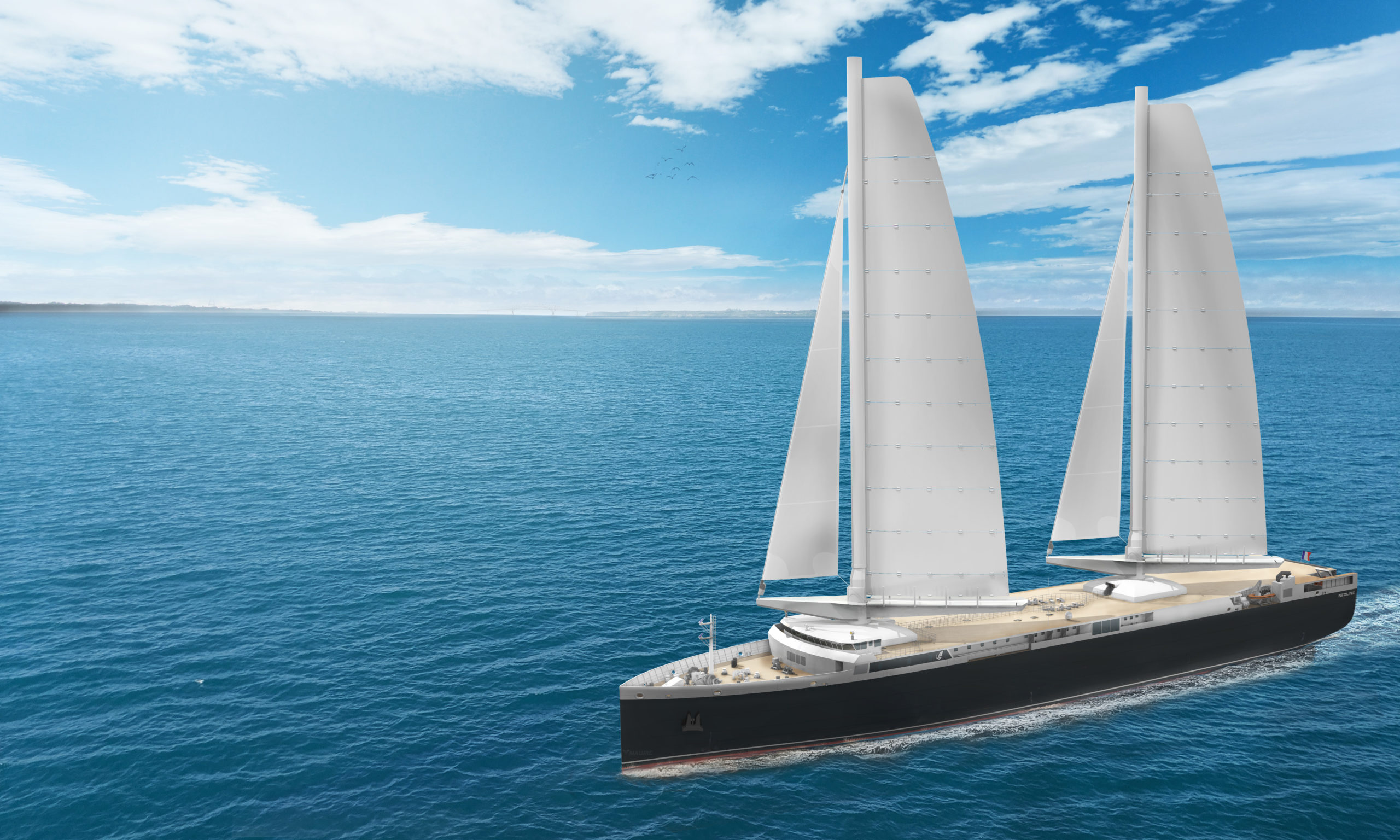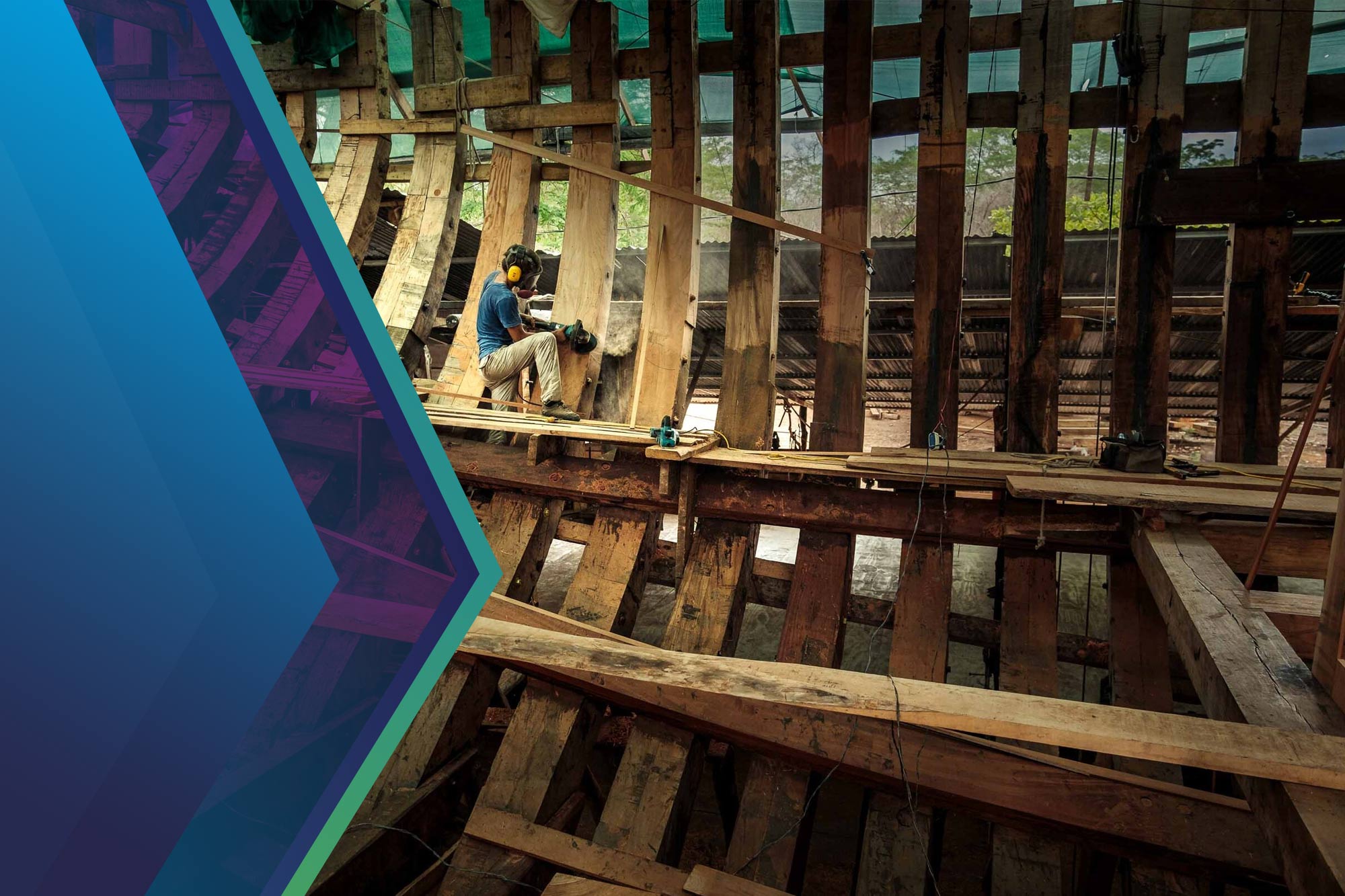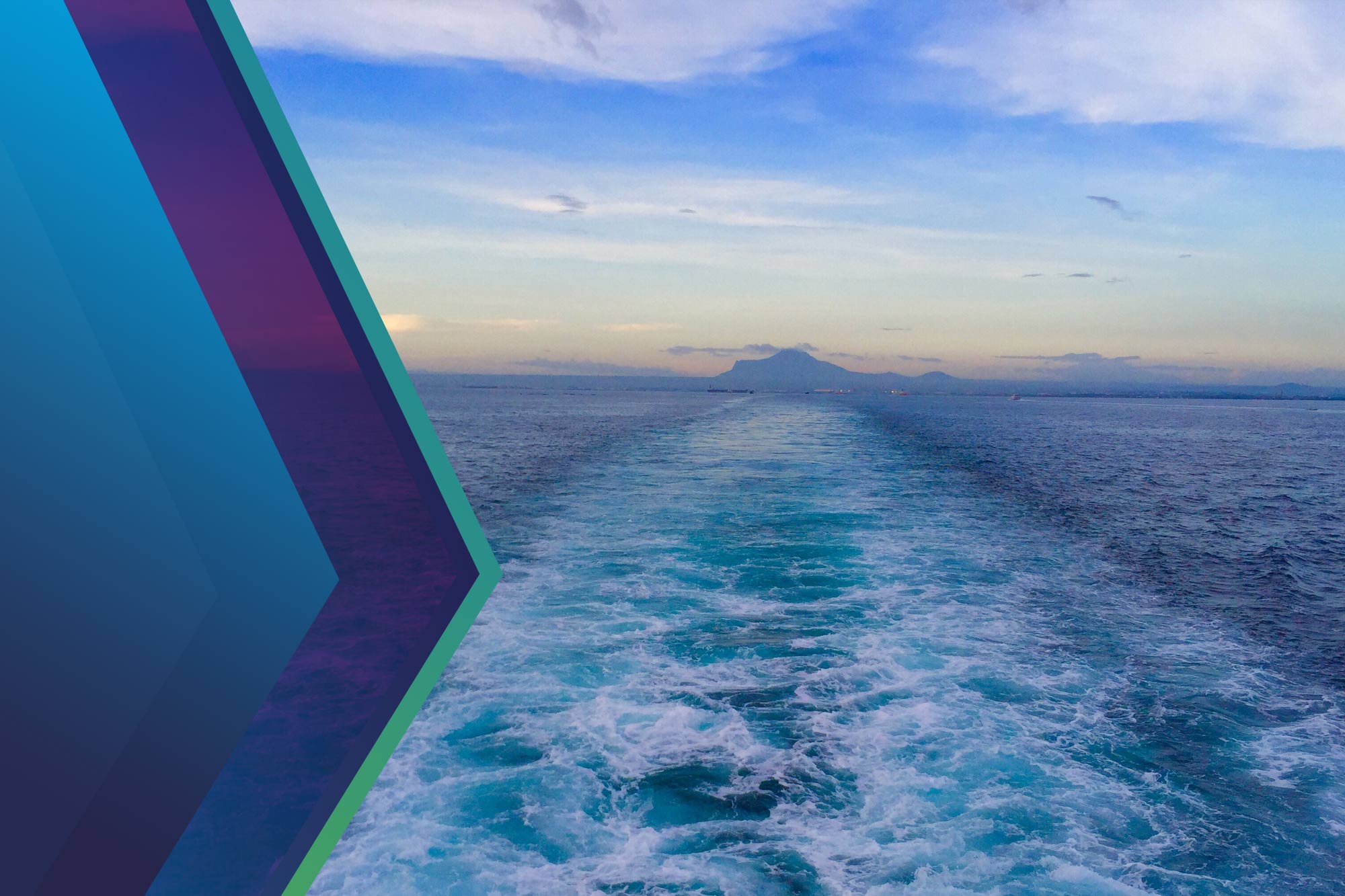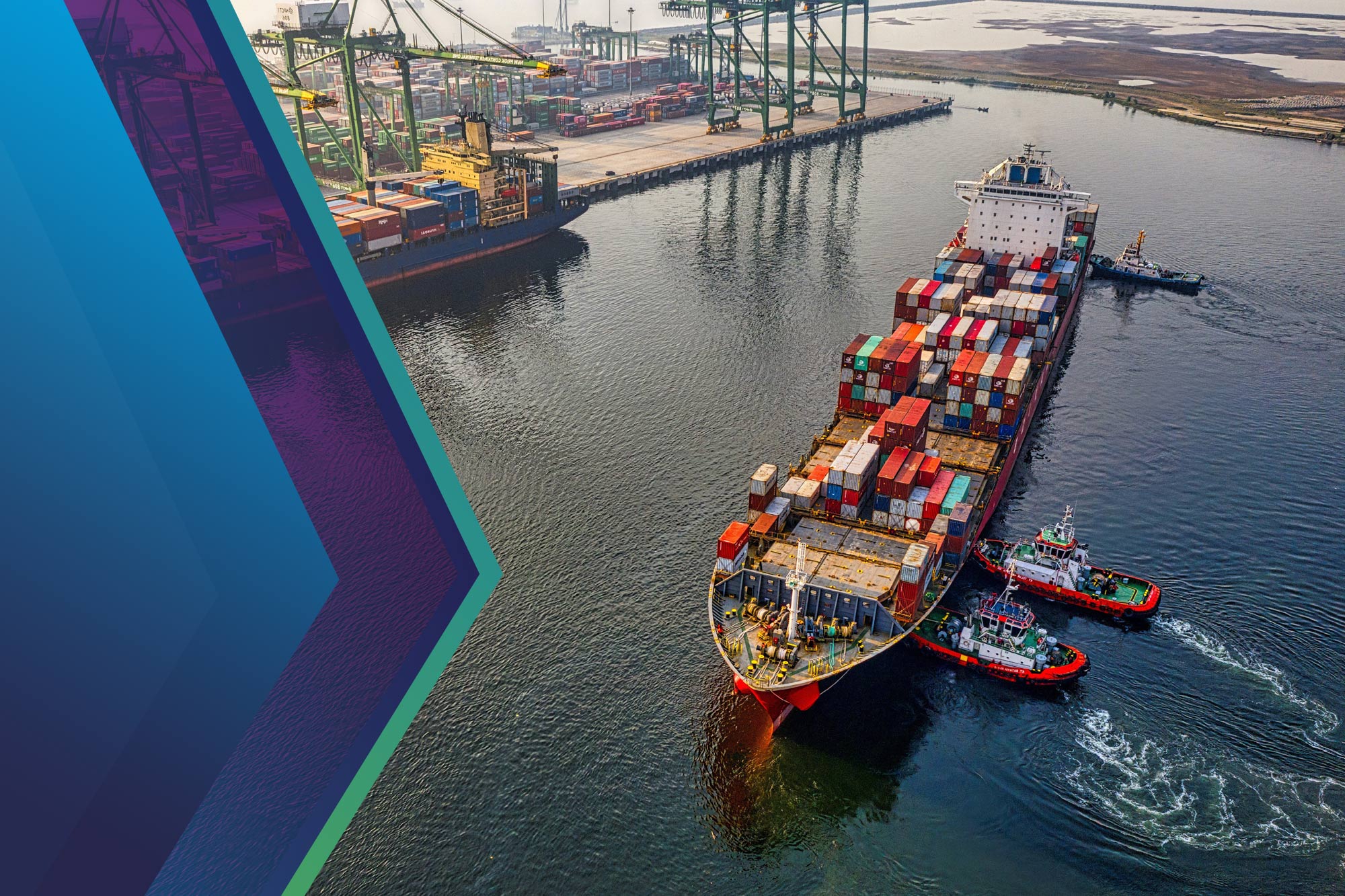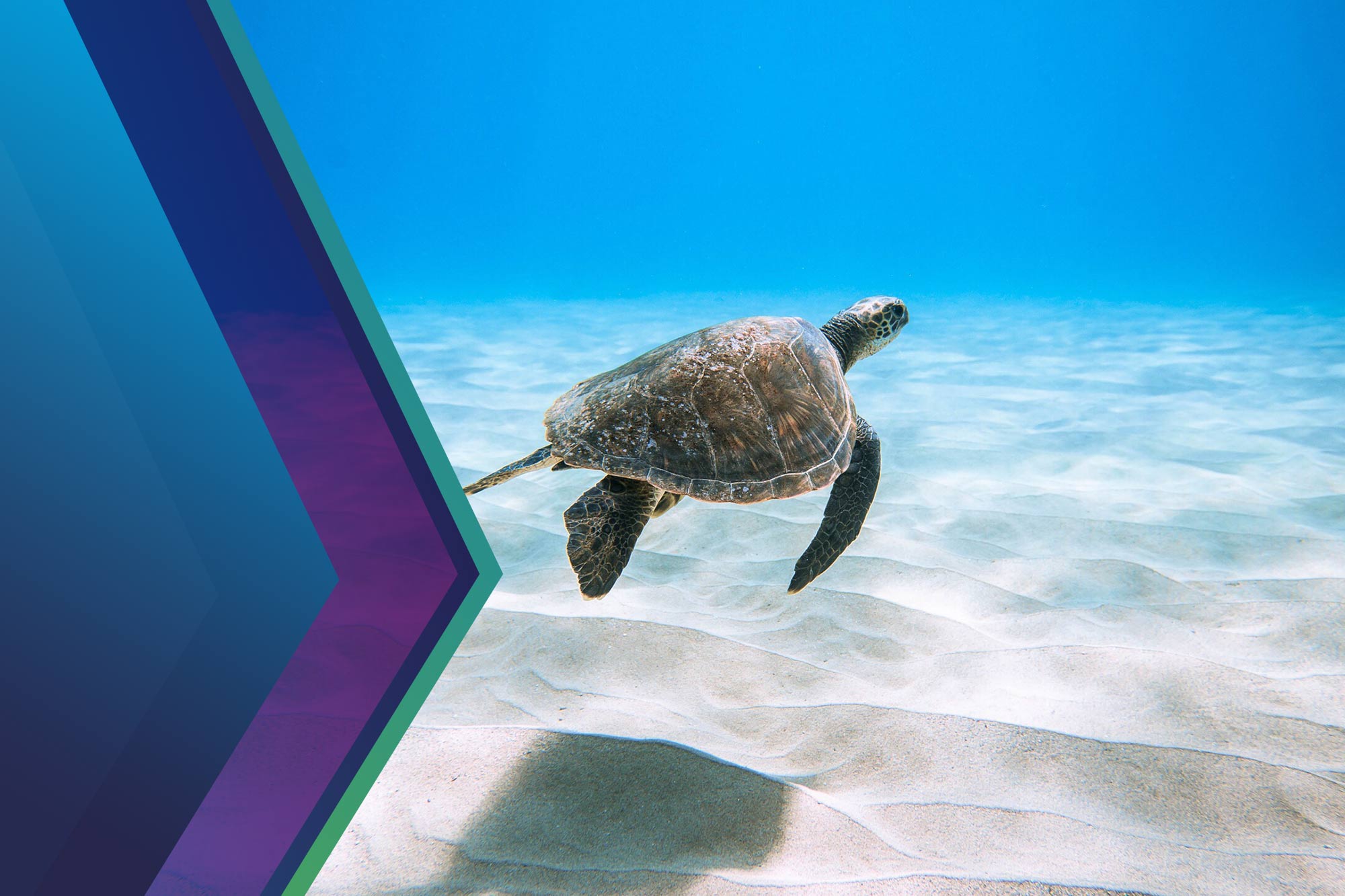We receive this week Hauke Kite-Powell, research specialist at Woods Hole Oceanographic Institute and senior analyst at Marsoft Inc, an independent maritime consultancy providing expert, objective and timely support for investment, chartering and financing decisions.
Industrial projects including solar and wind power issued more than $126 million in carbon credits in 2019. But so far, shipping has not taken advantage of the carbon credits funding opportunities.
Marsoft’s GreenScreen™ is a retrofit evaluation platform, developed in collaboration with the MIT, providing an extremely accurate assessment of the benefits of the retrofit.
GreenScreen™ was recently accepted by the Gold Standard – the preeminent global carbon registry – as the basis for issuing carbon credits for investments that reduce CO2 emissions from ships.
Will carbon credits bridge the gap and bring the missing incentive necessary to boost the adoption of wind assist technologies?


